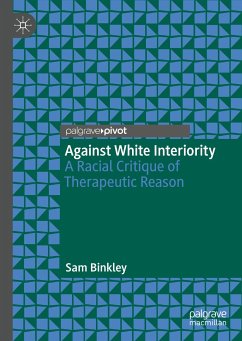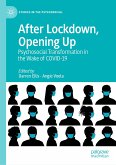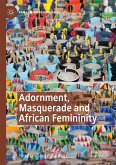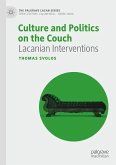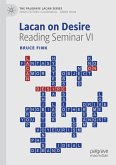-Professor Eva Illouz, Directrice d'Etudes, EHESS, France
"Binkley offers a powerful critique of the emotional coping mechanism of white guilt that continues to paralyze well-meaning, often liberal, white people from actively resisting and dismantling structures of white supremacy. A very timely book."
-Professor Brad Elliott Stone, Loyola Marymount University, USA
This book presents a bold critique of the new racial sensibility that has attained global prominence following the police murder of George Floyd. Through a set of managerial and therapeutic discourses, this new sensibility describes the inner racial life of white subjects, inducing them to adopt a therapeutic attitude toward deeply interiorized white emotions and conflicts. In so doing, the new racial sensibility promises to remake whiteness in the image of the self-aware racial ally. However, such an appeal, it is argued, serves the subtle function of the preservation of white racial dispositions, and the reproduction of the very racism it sets out to transform. Adopting a critical lens derived from Michel Foucault's analysis of sexuality, together with an engagement with sociological, psychoanalytic and phenomenological reflections on shame as a racial affect, a critique of white interiority considers alternative frames through which white anti-racist subjection might be imagined.
Sam Binkley is Professor of Sociology at Emerson College, Boston, USA. He is the author of Happiness as Enterprise: An Essay on Neoliberal Life (2014) and Getting Loose: Lifestyle Consumption in the 1970s (2007).
Dieser Download kann aus rechtlichen Gründen nur mit Rechnungsadresse in A, B, BG, CY, CZ, D, DK, EW, E, FIN, F, GR, HR, H, IRL, I, LT, L, LR, M, NL, PL, P, R, S, SLO, SK ausgeliefert werden.

